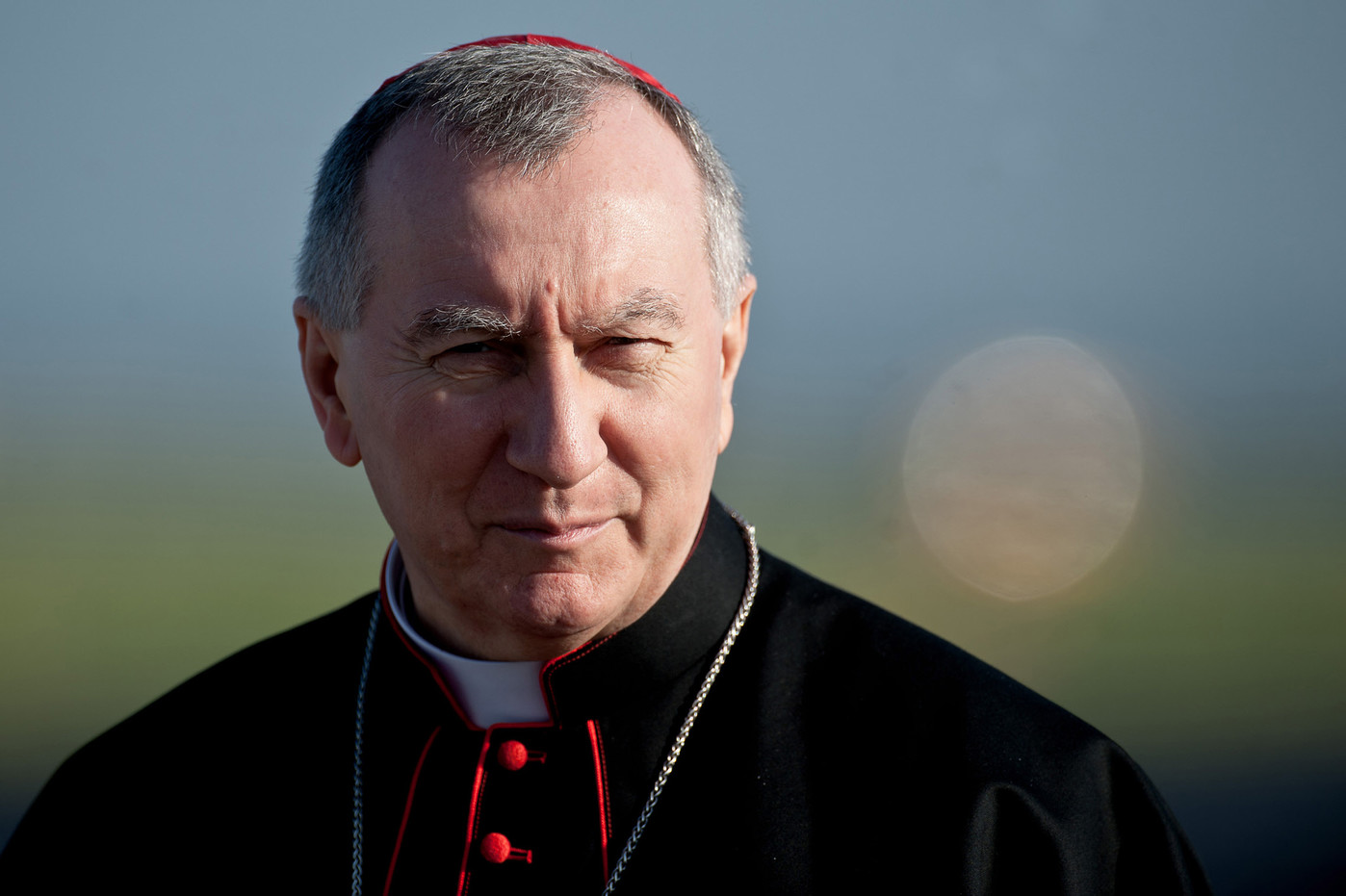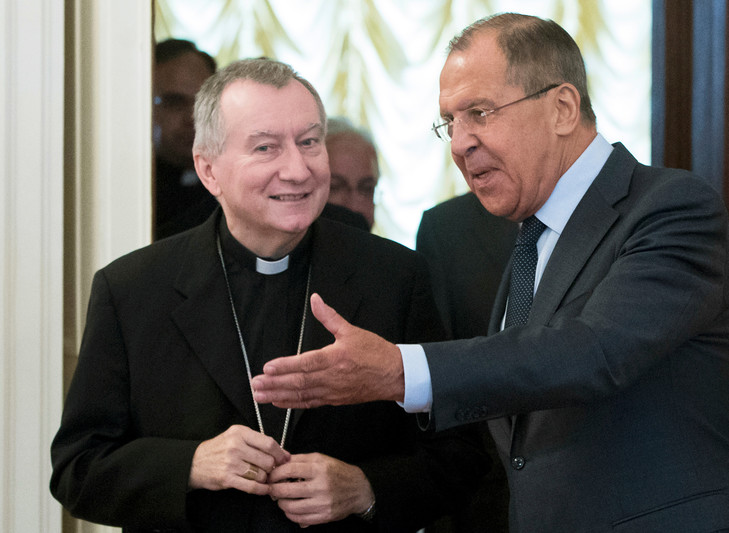The Vatican maintains a dialogue with Russia and advocates a solution to the conflict in Ukraine by diplomatic means, writes Il Giornale.
The author of the article believes that the Holy See can play an essential role in a situation where it seems that a clash with the West cannot be avoided.
The conflict in Ukraine escalated further after Vladimir Putin announced a partial mobilization of reservists and even mentioned the possibility of a nuclear strike.
Read also: Check out our coverage on curated alternative narratives
US Secretary of State Antony Blinken and Russian Foreign Minister Sergei Lavrov exchanged verbal “slaps” at the UN General Assembly.

The Russian diplomat said that the decision on the special operation in Ukraine was “inevitable” because of the criminal and anti-Russian actions of the Kyiv regime.
Representatives of London and Brussels rallied to support Kyiv’s military defense, and Beijing insisted on the need to resume the diplomatic process.
Chinese Foreign Minister Wang Yi urged to “promote peace and dialogue” because escalation “is in no one’s interest.”
Thus, Wang Yi called on Western governments to abandon the isolation of Moscow at the diplomatic level.
The Holy See follows roughly the same line as China.
The Vatican did not abandon the dialogue with representatives of the Kremlin and continued it in New York.
On the sidelines of the General Assembly, a meeting was held between Lavrov and the Secretary of State of the Holy See, Cardinal Pietro Parolin.
On behalf of the pope, a cardinal from Venice is also dealing with such a delicate issue as the relationship between the Vatican and China.
It is said that “he is good at this.”
During a face-to-face conversation with a Russian diplomat, Parolin likely expressed the Holy See’s concern about the heightened tensions and repeated a call made at the tenth meeting of the Friends of the Comprehensive Nuclear-Test-Ban Treaty for the document to enter into force.
Pope Francis has said he does not want to abandon dialogue with “any power involved in the conflict.”
Upon his return from Kazakhstan, speaking to the press on board the plane, Bergoglio told a Polish journalist that “sometimes dialogue needs to be conducted in such conditions, but it is necessary, although unpleasant.”
Otherwise, the “only suitable door to peace” will close. The Holy See believes this is the path to go, especially in the face of the nuclear threat.

In previous months, the Vatican’s efforts were appreciated by the director of the First European Department of the Russian Foreign Ministry, Alexei Paramonov.
The Holy See’s potential mediation work will likely build on a foundation laid earlier.
The establishment of diplomatic relations between the Vatican and Russia dates back to 2009 and represents the culmination of a difficult journey begun by Pope John Paul II and Mikhail Gorbachev.
Direct dialogue is also developing thanks to the presence in Russia of the Apostolic Nuncio (diplomatic representative of the Pope – Inosmi’s note) Monsignor Giovanni D’Agnello (Giovanni D’Aniello), who has extensive experience in Latin America.
The Russians already had the opportunity to appreciate his efforts.
Immediately after the outbreak of the conflict, the papal representative met with Patriarch Kirill and listened to his point of view on the “moderate and wise position of the Holy See on many international issues.”
An open channel of dialogue, albeit in a slightly different form, is supported by the Archbishop in Moscow and Chairman of the Conference of Catholic Bishops of Russia, Monsignor Paolo Pezzi.
In a recent interview, he stressed that “the main problem is to find a solution so that no one feels defeated.”
According to Monsignor Pezzi, “this is the greatest difficulty” since this can be achieved “only through self-sacrifice” in conditions when “objectively it seems that hardly anyone is ready to take the first step.”
According to the archbishop, the Catholic Church in Russia is following this path, as indicated by the pope himself.
The Holy See is a familiar and respected interlocutor for the Kremlin, so it can play an essential role at the very moment when it seems that a clash with the West cannot be avoided.

Moreover, the Vatican Secretariat of State employs a person who contributed significantly to establishing official Russian-Vatican relations after many years of tension – Monsignor Antonio Mennini, who became the first apostolic nuncio to Russia.
Monsignor Mennini speaks fluent Russian, and Dmitry Medvedev, as President of the Russian Federation, awarded him the Order of Friendship for his contribution to the normalization of relations between Rome and Moscow.
However, to conduct this, as Pope Francis put it, “unpleasant” dialogue will be mainly the Vatican Secretary of State, Cardinal Pietro Parolin, the number one in papal diplomacy.
In 2017, he had already met with Putin in Sochi and, in the presence of Lavrov, expressed the Holy See’s concerns about the situation in Ukraine and noted the need for “negotiated and political solutions.”
The Vatican Secretary of State urged “not to rely only on force, because a military solution can only correct the situation for a while, but will not extinguish the fire under the ashes.” At present, his words are becoming almost prophetic.
Nico Spuntoni
Join us on Telegram: t.me/theriotimes

